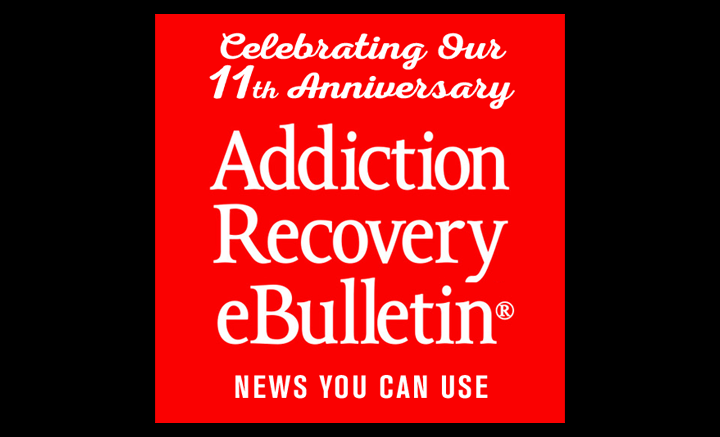- Home
- Archives
- Articles
- Editorials
- When All Else Fails … Florida Can Help
- Florida’s Marchman Act Works
- Black Pregnant Women Unfairly Tested for Drug Use
- My Son Was Addicted and He Refused Treatment
- Hollywood Film and Television Icon, Barbara Eden, on Addiction, Loss, and Keeping a Legacy Alive
- OPINION: America Has Lost the War on Drugs
- An Interview With Hockey Legend Justin Bourne
- An Interview with Mary Beth O’Connor
- Is AA Sexist?
- A Day at The Wall
- The Redemptive Power of Creativity
- NEW BOOK Excerpt: HOME IS WITHIN YOU by Nadia Davis
- 14 Years of IN THE ROOMS
- Book Excerpt: Evil Incarnate: Purdue Pharma & Oxycontin
- Why Governor Newsom Must Pass SB999
- Is Tech Addiction Really a Disease?
- Recovery’s Missing Link
- Rochester University Opiate Symposium – May 20, 2022
- SUD Talks Speech with Leonard Buschel
- A Fond Farewell by Christopher Dale
- Treating Drug Dealers Like Serial Killers
- The Rise of the “Sunshine State Shuffle” by Christopher Dale
- Shattering the Silence with Perry Gaidurgis
- Joint Pain: Hard Facts Point to The Joint Commission’s Complicity in the Opioid Crisis
- Brain Based Treatment for Recovery, Relapse Prevention and Improved Mental Health
- Racism Is An Addiction…In The Recovery Industry
- Pill Mill-ions: America’s Lucrative, Criminally Resilient Quasi-Legal Drug Dealing Enterprise
- Have AA Meetings Become Superspreader Events?
- Healing Begins Within the Family – New Book by Dr. Louise Stanger
- The D-Word
- “Love Without Martinis” a book by Chantal Jauvin
- The AA Reopening Two-Step
- Virtually Sober: When AA Went Away, an original story
- A Groundbreaking Groundbreaking – Betty Ford Center’s $30 million expansion
- Higher Power Outage: Zoom Meetings and Spirituality
- Global Sober Books: True Works of Genius
- Once We Were Slaves…12 Steps to Freedom
- Has COVID-19 Killed AA Anonymity?
- Hazelden Betty Ford Appoints Dr. Joseph Lee, First Physician, Non-White, and Youngest President/CEO
- This Message Will Self-Destruct: Snapchat and the Tragic Death of 16-year-old Samuel Chapman
- Day Trading Can Be Addictive
- Six Reasons AA Zoom Rooms Are Inferior to In-person Meetings
- Happy News Year Letter from the Editors
- Review
- Holiday 2020 – Letter from the Editor
- No Frothy Emotional Appeals Here – Just Depth and Weight
- 40 Years Later: John Taylor of Duran Duran Looks Back at The Beatles and Their Legacy
- The Perils of Online 12 Step Meeting Engagement
- Shorts are a Big Deal at the Reel Recovery Film Festival
- Review
- How to Recognize Teen Cyberbullying
- These are SOBERING TIMES: RICKY BYRD
- Is This 55-Year Old Antiviral Drug the Cure For Covid-19?
- Marc Malkin
- Fabian Quezada-Malkin
- Chasing the News…stone cold sober
- Leonard Buschel: Editor/Publisher
- William Cope Moyers
- Dr. Tian Dayton
- Tio Hardiman
- Ryan Hampton
- Alonzo Bodden, Comedian
- Cliff Brodsky: The Man Who Knew Too Much And Too Little
- Saturday Night at the Movies
- BURL’S BEAT –DIGEST THIS, JUNE 9, 2020
- BURL’S BEAT – DIGEST THIS, JUNE 2, 2020
- Zachary Quinto Has an Attitude of Gratitude
- BURL’S BEAT – Digest This!
- FEAR AND COURAGE IN THE TIME OF COVID-19
- eBulletin Original – Courtney Friel
- In The Rooms Offers Live Online Addiction Recovery Meetings for Those at Risk from COVID-19
- Letter from the Editor as we begin our 7th Year.
- From Woodstock to Betty Ford to 25 Years Clean and Sober: What a Long strange trip it’s been…
- The Landscape is changing…
- Conference Like No Other
- US District Court Lawsuit
- Burl Barer – Film Review
- Burl Barer – Fellowship
- Body Brokering
- Interview with Leonard Buschel by William White
- The Lawsuit Has Ended in a TKO
- Footprints in the Sand
- Recovery Centers of America
- Dr. Gabor Mate Critique
- Chatterproof
- On Quitting Weed at Age 78
- Tom Hayden Tribute
- Clinician’s Corner – Zach Dorfman
- Subscribe
- Fan Mail
- PROFILES
- Jessica Gorton: Person of the Week
- Anne Elizabeth Lapointe: Person of the Week
- William C. Moyers: Person of the Week
- TJ Woodward: Person of the Week
- Maia Akiva: Person of the Week
- Aleksa Bembnista: Person of The Week
- Q&A with Award-Winning Filmmaker, Dianne Griffin
- Q&A with Filmmaker Adriana Marchione
- Q&A with Evan York
- Q&A with Ted Perkins
- Q&A with Adam Nimoy
- Q&A with David Whitesock, Founder & CEO, Commonly Well
- Q&A with Writer/Performer, Sigute Miller
- Executive Corner with David Brian Green
- Q&A with Bridget Camacho Clinical Director of The Foothills
- Q&A with Jackie Lapin, author & founder of Speakertunity
- Q&A with Claudia Schwarz MFT, Nat’l Director of Outreach for J. Flowers Health
- Q&A with Andrea Ashley, Creator of the Adult Child Podcast
- Q&A with the Secret Drug Addict
- Q&A with Bruce Boardman: CEO of Social Model Recovery Systems
- Q&A with Chantal Jauvin, author of LOVE WITHOUT MARTINIS
- Q&A with Recovery Strategist/Podcast Host, Fay Zenoff
- Q&A with CEO of Recovery T’s n’ Things, Peter Werth
- Q&A with Bobbi Jo Reed: Founder of Healing House in Kansas City
- Q&A with Co-Founder of Next Level Recovery, Amanda Marino
- Q&A with Best-Selling Author Amy Dresner
- Q&A with Author & Interventionist David Marion
- Q&A with Star of Coronation Street, Kevin Kennedy
- Q&A with Actor/Comedian, Stevie Mack
- Q&A with Founder of A New PATH, Gretchen Burns Bergman
- Q&A with Founder of Herren Wellness, Chris Herren
- Q&A with Allen Berger, PhD
- Q&A with publisher of Keys to Recovery, Jeannie Rabb-Marshall
- Q&A with CEO of Film Festival Flix, Benjamin Oberman
- Q&A with Anonymous, Artist
- Q&A with Joan Borsten filmmaker & recovery advocate
- Q&A with Lisa Hower of Hower Lodge
- Q&A with filmmaker Paul Steinbroner
- Q&A with Chet Hower of Hower Lodge
- Q&A with Executive Joey Carson
- Q&A with filmmaker Christina Lauren Beck
- Q&A with author and recovery coach, Laura Martella
- Q&A with Rock ’n Roll Hall of Famer Ricky Byrd
- Q&A with Dr. Jamie Marich
- Q&A with Producer of LOCKDOWN: Bob Messinger
- Q&A with Angelo Lagares
- Q&A with Tommy Rosen
- Q&A with Courtney Friel
- Q&A with Laura Robbins
- Q&A with Ken Pomerance
- Q&A with Ron Tannebaum
- Q&A with Author and Advocate Anthony Brown
- Q&A with Dr. Louise Stanger
- Q&A with Cara Sandweiss
- Q&A with Jay Crosson
- Q&A with Jennifer Gimenez
- Q&A with Tammy Lofink
- Q&A with Rob Lohman
- Artist’s Corner – Elizabeth Narayan
- eBulletin Original – Courtney Friel
- Q&A with Barbara Nicholson Brown
- Q&A with Tim Ryan
- Interview – Sherry Gaba
- Executive Corner – Allison Harden
- Artist’s Corner – Coach Jake
- Executive Corner – Roland Williams
- Executive corner – Ester Nicholson
- Executive Corner – Sabrina Acatrinei
- Executive Corner – Renee Baribeau
- Executive Corner – Doug Bopst
- Executive Corner – Leonard Buschel
- Executive Corner – Kat Cross
- Executive Corner – Anna David
- Executive Corner – Dr. Joe Desanto
- Executive Corner – Mike Gerstein
- Executive Corner – Morgan Gliedman
- Executive Corner – Ryan Hampton
- Executive Corner – Steven Herndon
- Executive Corner – Richard Jones
- Executive Corner – Howard Josepher
- Executive Corner – Michael King
- Executive corner – Jack Kline
- Executive Corner – Anne Elizabeth Lapointe
- Executive Corner – Rynda Laurel
- Executive Corner – Nadine Lewis
- Executive Corner – David Lisonbee
- Executive Corner – Cerves T. McNeill
- Executive Corner – Paul Moen
- Executive Corner – Damien Ross
- Executive corner – Ahbra K Schiff
- Executive Corner – John Shinholser
- Executive Corner – Gary Stromberg
- Executive Corner – Ron Tannenbaum
- Executive Corner – Brandon Welsh
- PROFILES
- HELP
- Advertise

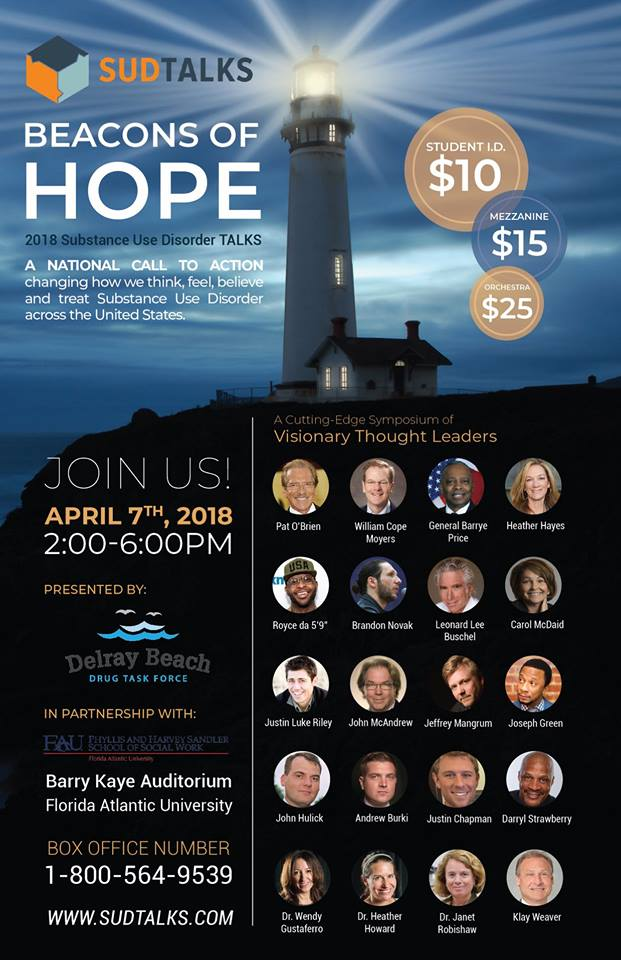 Florida Atlantic University:
Florida Atlantic University: 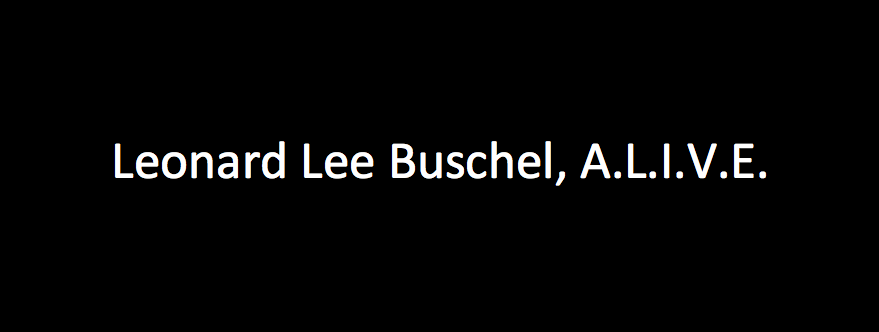 I used drugs on a daily basis for 26 years. I drank to excess for 10 years. I was hospitalized due to my drug addiction on several occasions including one incident when the North Hollywood Medical Center called my mother in Philadelphia and told her she had better be on the next plane to LA, because there was a 50/50 chance she would be flying home with her son’s body.
I used drugs on a daily basis for 26 years. I drank to excess for 10 years. I was hospitalized due to my drug addiction on several occasions including one incident when the North Hollywood Medical Center called my mother in Philadelphia and told her she had better be on the next plane to LA, because there was a 50/50 chance she would be flying home with her son’s body.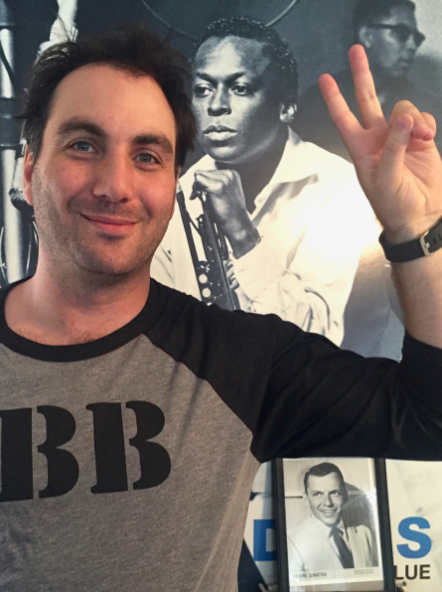 Seven years later I went to a 28-day program called the
Seven years later I went to a 28-day program called the 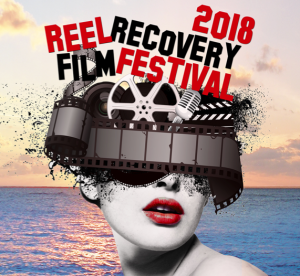 Ten years ago I founded the
Ten years ago I founded the 
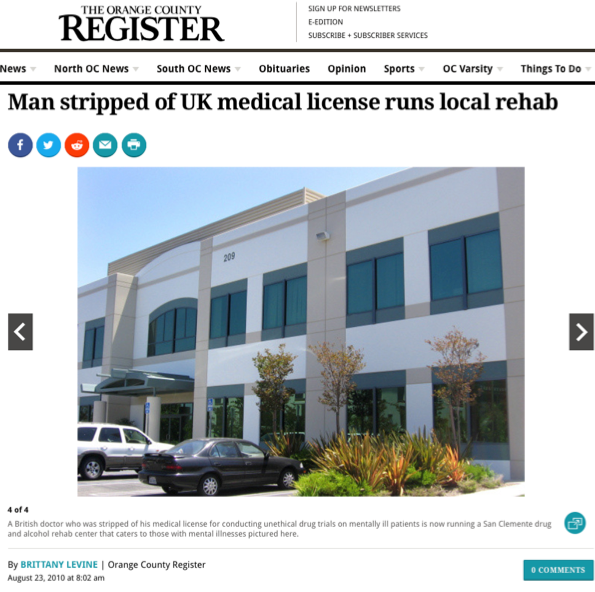 We have run over 5,000 articles, videos, book and film reviews and op-eds in the past 5 years. Culled from tens of thousands of news articles. And what I have found after studying addiction and recovery in the news, is that most of the 325,000,000 Americans don’t care
We have run over 5,000 articles, videos, book and film reviews and op-eds in the past 5 years. Culled from tens of thousands of news articles. And what I have found after studying addiction and recovery in the news, is that most of the 325,000,000 Americans don’t care 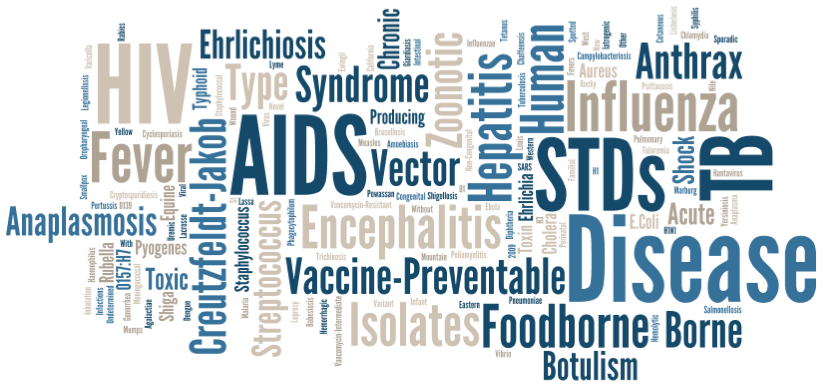 about it as much as we would like them to. If you call it a
about it as much as we would like them to. If you call it a  , it certainly is an illness. The opiate crisis and the
, it certainly is an illness. The opiate crisis and the 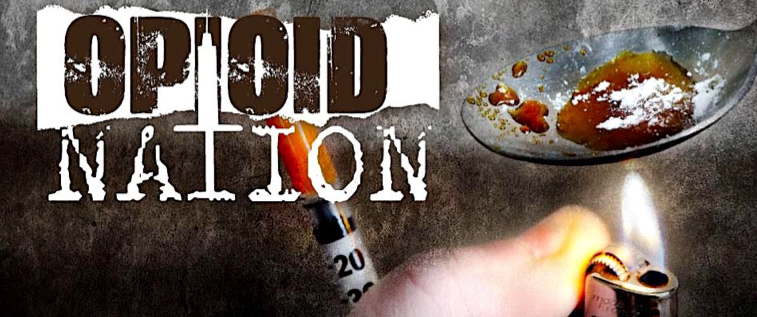
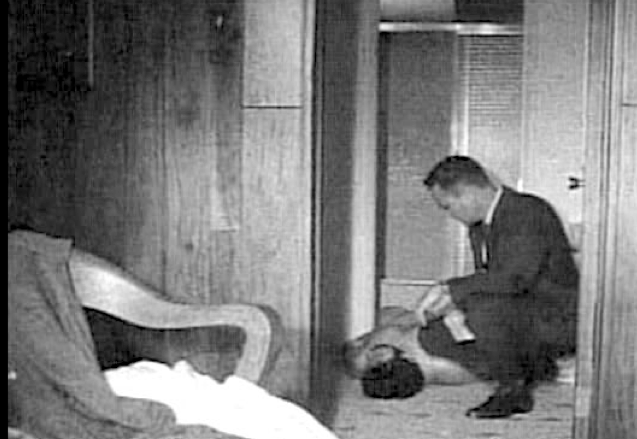 So why do so many people tempt death for an hour of bliss? The legendary comedian
So why do so many people tempt death for an hour of bliss? The legendary comedian 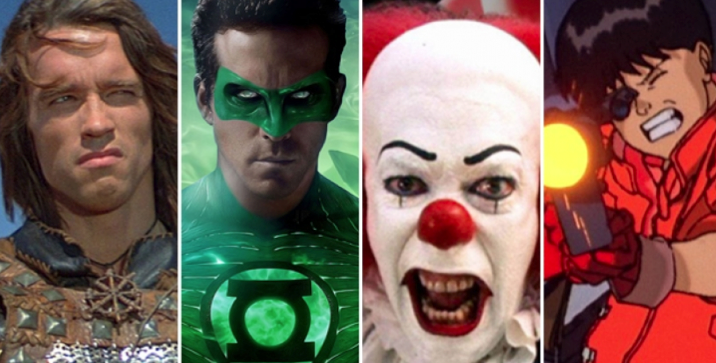
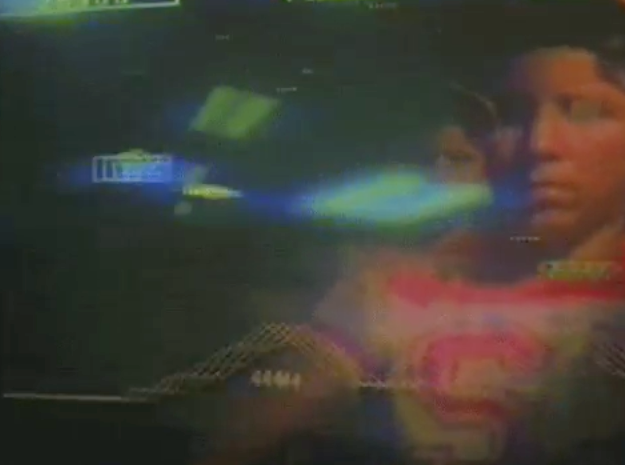 Why else is this generation so anxious? The world is moving so fast, a lot of us can’t handle it. Texting, Instagram, NON-STOP news. I get panic attacks just thinking about it. FAXING is too slow for this generation. And imagine a 15 yr. old having to take the time to find a phone book and look up a phone number and then dialing ten numbers on a rotary phone. Imagine any of us having the patience to do that anymore. In 1970 Alvin Toffler wrote the classic book,
Why else is this generation so anxious? The world is moving so fast, a lot of us can’t handle it. Texting, Instagram, NON-STOP news. I get panic attacks just thinking about it. FAXING is too slow for this generation. And imagine a 15 yr. old having to take the time to find a phone book and look up a phone number and then dialing ten numbers on a rotary phone. Imagine any of us having the patience to do that anymore. In 1970 Alvin Toffler wrote the classic book, 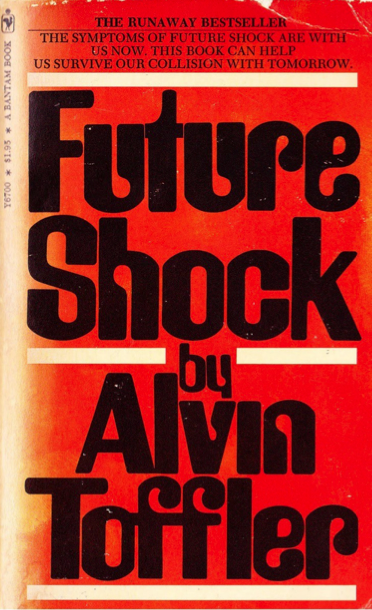 Anyone here remember that book? “Future shock” is defined as too much change in too short a period of time, And that was 48 years ago when he warned us that most people were not psychologically or emotionally ready and “will experience an abrupt collision with future”. The first Apple laptop did not come around until 19 years later.
Anyone here remember that book? “Future shock” is defined as too much change in too short a period of time, And that was 48 years ago when he warned us that most people were not psychologically or emotionally ready and “will experience an abrupt collision with future”. The first Apple laptop did not come around until 19 years later.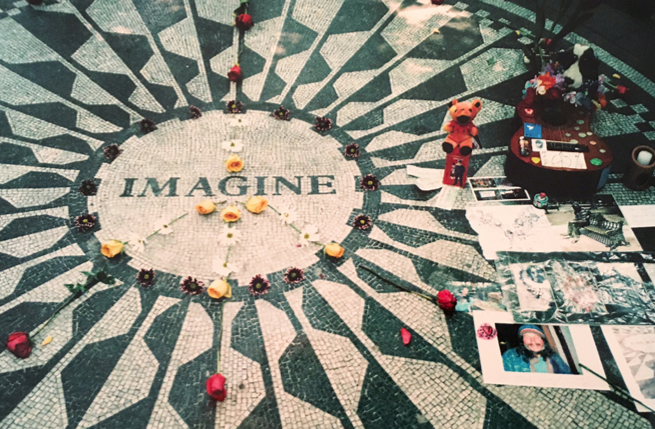 It is so sad nowadays with so much violence, between mass shootings and the self-directed violence of the opiate addicted. The world is moving at a faster rate of speed than it has in all mankind. Opiates help people slow down. Yes, it’s an extreme medication, but it works. Who here has used heroin? I smoked about 10 times. It felt like I was inhaling silk I considered getting addicted but decided I didn’t want to ruin my life. But for 15 years I never left the house without some
It is so sad nowadays with so much violence, between mass shootings and the self-directed violence of the opiate addicted. The world is moving at a faster rate of speed than it has in all mankind. Opiates help people slow down. Yes, it’s an extreme medication, but it works. Who here has used heroin? I smoked about 10 times. It felt like I was inhaling silk I considered getting addicted but decided I didn’t want to ruin my life. But for 15 years I never left the house without some 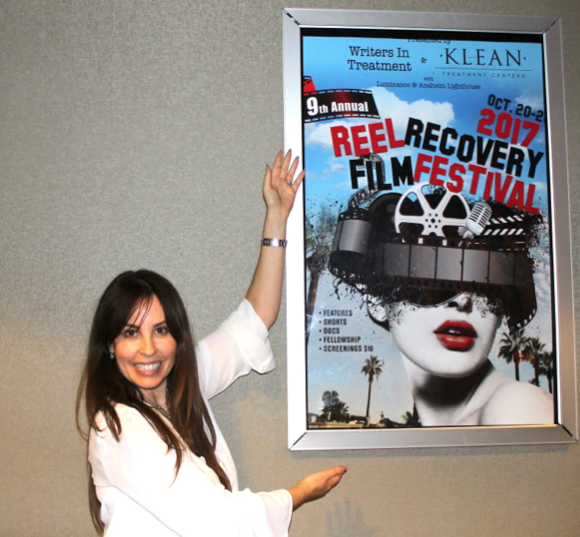 But I actually was asked came here to talk about a more uplifting subject—films. I could talk about television programs, but that would take more time than I have here. Who here loves movies? I know I do and that is why 10 years ago I started the
But I actually was asked came here to talk about a more uplifting subject—films. I could talk about television programs, but that would take more time than I have here. Who here loves movies? I know I do and that is why 10 years ago I started the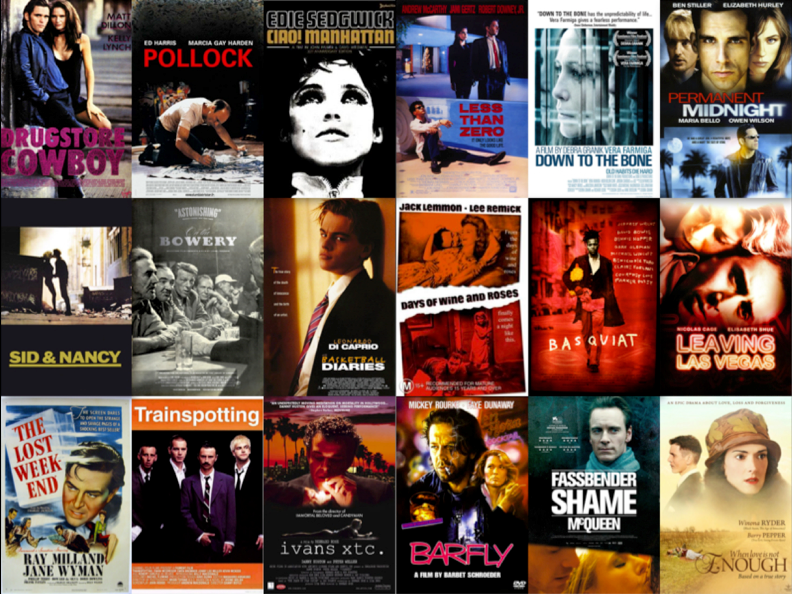
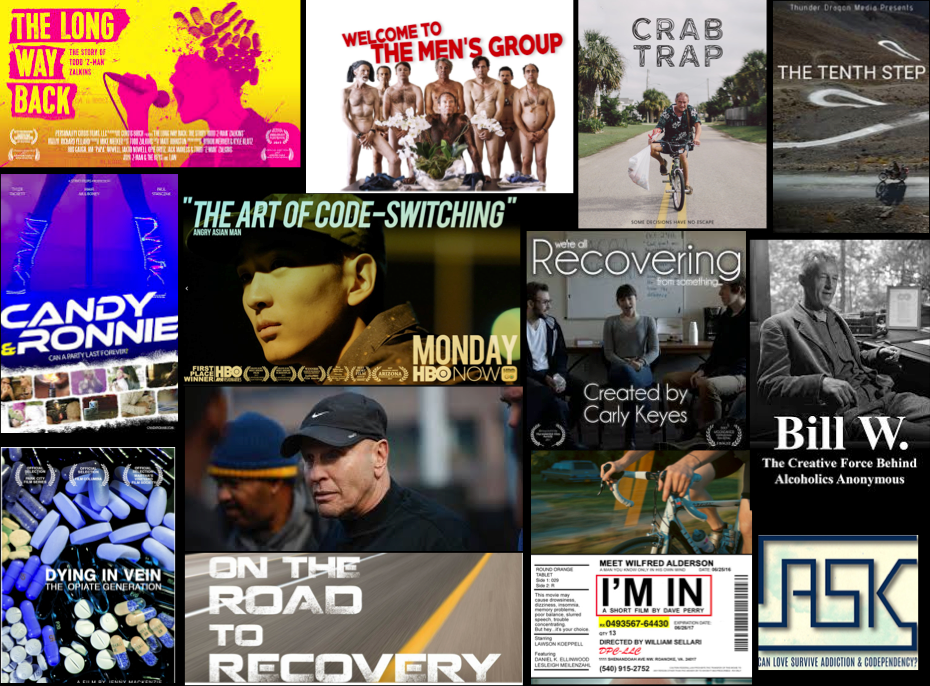 After EVERY film we screen, we either have the filmmaker or a clinician engage the audience with conversation and it become a very interactive experience for everyone. We never just show a film that might be triggering and send people home. We always talk about it afterwards..
After EVERY film we screen, we either have the filmmaker or a clinician engage the audience with conversation and it become a very interactive experience for everyone. We never just show a film that might be triggering and send people home. We always talk about it afterwards..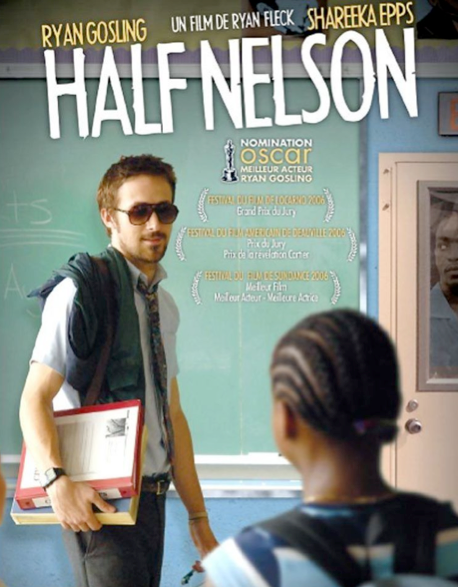 Possibly the best movie about crack addiction ever made. Starring Ryan Gosling as a high school teacher with a “manageable” crack habit. Just last year New York Daily news reported the overdose death of a high school teacher in a bathroom stall at his school. CRACK is a destroyer of lives, Opiates end lives.
Possibly the best movie about crack addiction ever made. Starring Ryan Gosling as a high school teacher with a “manageable” crack habit. Just last year New York Daily news reported the overdose death of a high school teacher in a bathroom stall at his school. CRACK is a destroyer of lives, Opiates end lives.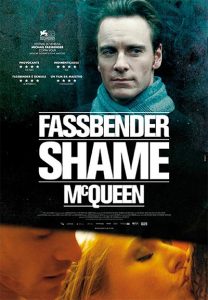 The movie,
The movie, 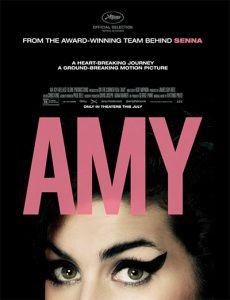 I also highly recommend
I also highly recommend 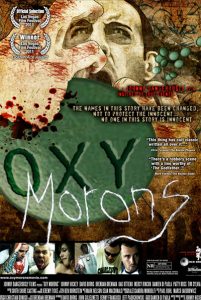 Has anyone heard of the film
Has anyone heard of the film 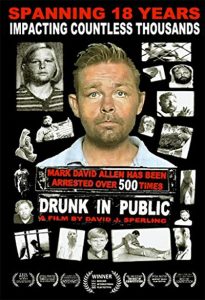 We have shown a film called
We have shown a film called 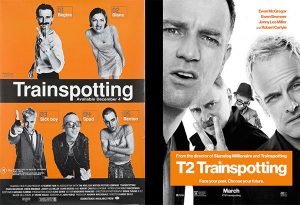 This year saw a sequel to the hit film
This year saw a sequel to the hit film 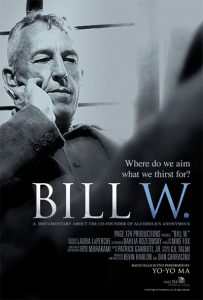 For people in recovery, a really great documentary is…
For people in recovery, a really great documentary is…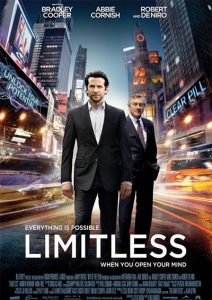 Famously sober, and also from Philadelphia like myself,
Famously sober, and also from Philadelphia like myself, 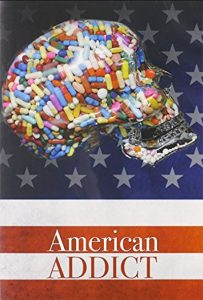 Another great documentary we’ve show is –
Another great documentary we’ve show is – 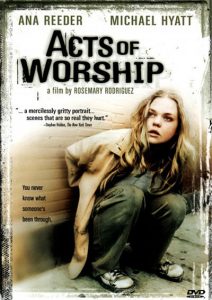
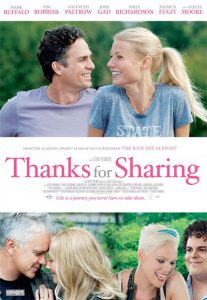 Who here has seen the film,
Who here has seen the film, 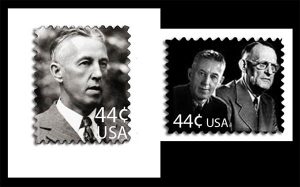 We all want to do something about the opioid crisis, we wouldn’t be here if we didn’t, but what is there really to do? I am trying to do my part, but why film?
We all want to do something about the opioid crisis, we wouldn’t be here if we didn’t, but what is there really to do? I am trying to do my part, but why film? I have seen light bulbs go on over people’s heads in the audience where I know that person had re-dedicated themselves to staying sober either because they saw a worse bottom on the screen or a message of hope. I see audiences fascinated with filmmakers who share how and why they made the films they did.
I have seen light bulbs go on over people’s heads in the audience where I know that person had re-dedicated themselves to staying sober either because they saw a worse bottom on the screen or a message of hope. I see audiences fascinated with filmmakers who share how and why they made the films they did. Sometimes I wonder, Where is God in all of this? Do families come together in faith and share the grief, or do they blame each other and the victim for all eternity. Does the shock, anger and sadness bring family members closer to the Almighty? Or do they lose faith forever? I guess it will always rain on the just and the unjust.
Sometimes I wonder, Where is God in all of this? Do families come together in faith and share the grief, or do they blame each other and the victim for all eternity. Does the shock, anger and sadness bring family members closer to the Almighty? Or do they lose faith forever? I guess it will always rain on the just and the unjust.
